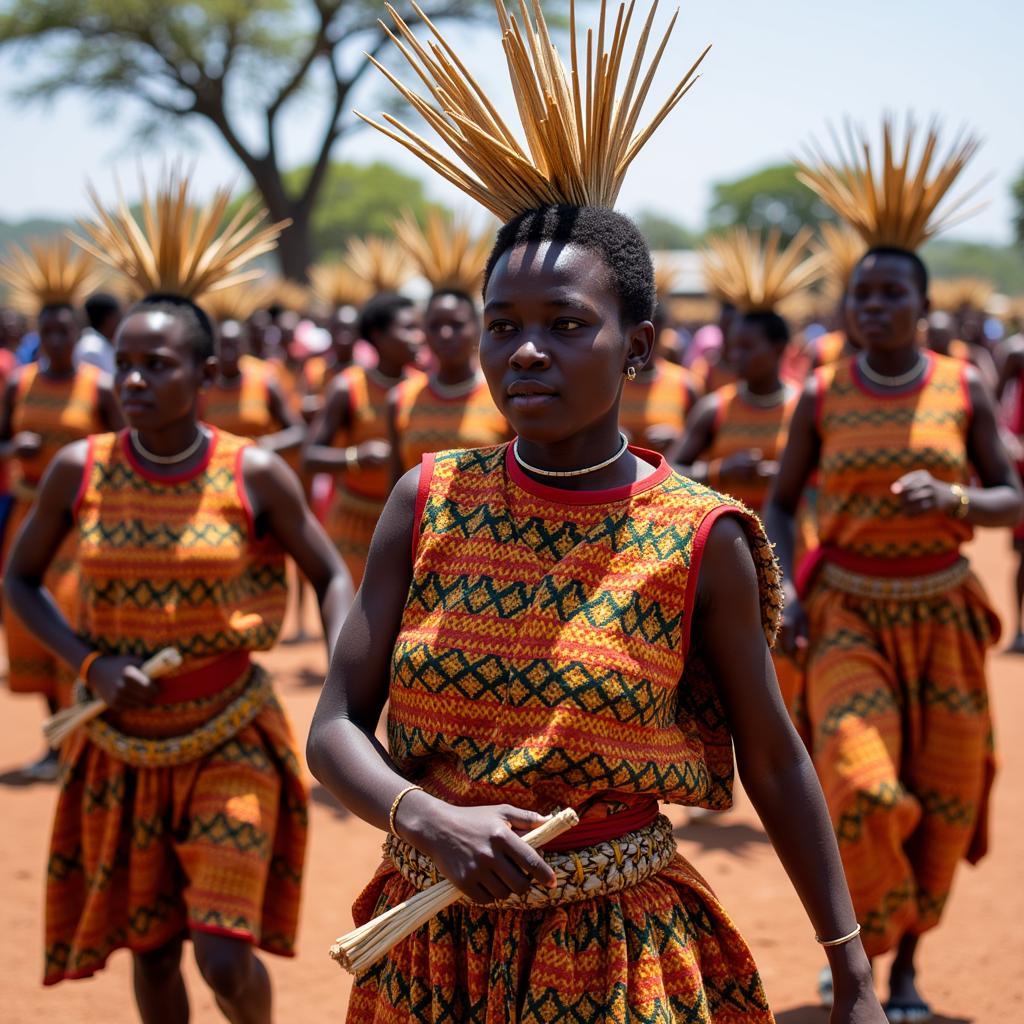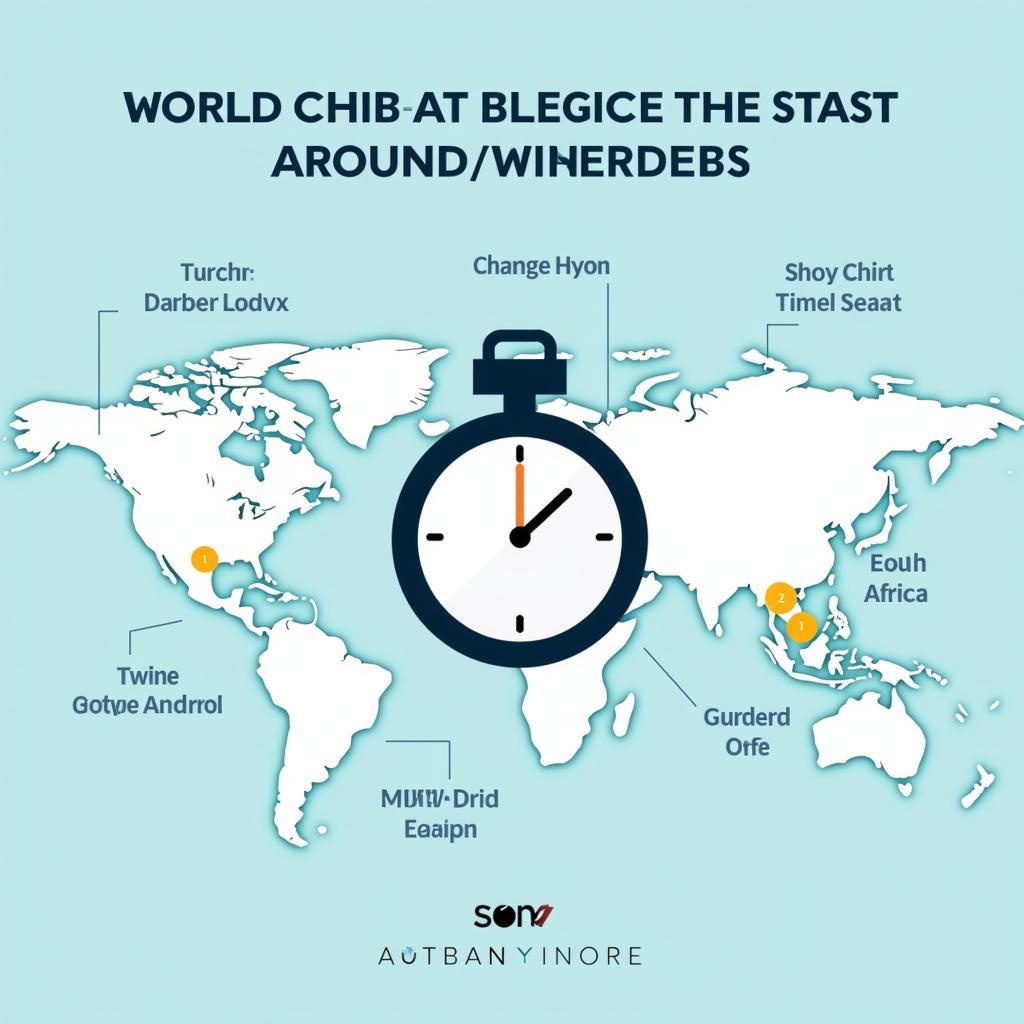Exploring African American Folk Medicine
African American Folk Medicine, a rich tapestry woven from ancestral knowledge and cultural adaptation, offers a unique perspective on healing and wellness. This practice, passed down through generations, reflects the resilience and resourcefulness of a community facing systemic healthcare disparities.
The Roots of African American Folk Medicine
African American folk medicine has deep roots in West African traditions. Enslaved Africans brought with them a vast knowledge of herbal remedies, spiritual practices, and holistic healing approaches. These traditions blended with Native American and European folk practices, creating a distinct system of medicine tailored to the specific needs and challenges of the African American community. This included using readily available plants and herbs for remedies, reflecting the resourceful nature of this practice.
This rich history of resilience and adaptation is a cornerstone of understanding African American folk medicine. It’s not just about remedies; it’s about a community’s connection to its heritage and its persistent pursuit of wellness in the face of adversity. What were some of the common ailments treated by this unique practice? Everything from common colds and fevers to more complex conditions were addressed using the wisdom passed down through generations.
Key Practices and Beliefs in African American Folk Medicine
African American folk medicine encompasses a wide range of practices, including herbalism, midwifery, spiritual healing, and massage. A key aspect is the belief in the interconnectedness of mind, body, and spirit. Healing is often viewed as a holistic process, addressing not only physical symptoms but also emotional and spiritual well-being. For example, african american folk medicine remedies might include specific herbs for physical ailments combined with spiritual rituals for emotional and mental balance.
The emphasis on preventative care is another hallmark of African American folk medicine. Maintaining balance and harmony within oneself and with nature is seen as crucial for preventing illness. This proactive approach to wellness emphasizes the importance of lifestyle choices, diet, and spiritual practices in maintaining overall health. How did these practices address the specific needs of the African American community? They provided accessible and culturally relevant healthcare options, fostering self-reliance and community support.
Common Remedies and Their Uses
Many remedies in African American folk medicine utilize readily available plants and herbs. For instance, sassafras was used to treat colds and fevers, while slippery elm was used for sore throats and coughs. These remedies, often passed down orally within families, represent a wealth of traditional knowledge. Understanding these remedies offers valuable insights into the ingenuity and resourcefulness of African American healers. What’s more, the use of these natural remedies underscores a deep connection to the natural world.
Dr. Abena Walker, a renowned ethnobotanist specializing in African American folk medicine, explains, “These remedies weren’t just about treating symptoms; they were about connecting to ancestral knowledge and empowering communities to care for themselves.” This perspective highlights the cultural significance of these practices. african american stress could be managed through a combination of herbal remedies, relaxation techniques, and spiritual practices tailored to address the unique stressors faced by the community.
African American Folk Medicine in Modern Times
While modern medicine has become more prevalent, African American folk medicine continues to play a role in many communities. It represents a valuable cultural heritage and a source of traditional knowledge that can complement contemporary healthcare practices. How can we integrate these traditional practices into modern healthcare systems? By acknowledging their value and exploring ways to incorporate them into culturally sensitive healthcare approaches. Furthermore, understanding african american men skin care within this tradition reveals unique insights into natural remedies and practices tailored to specific needs.
Elder Mama Zara, a respected practitioner of African American folk medicine, states, “Our traditions offer valuable lessons about the power of nature and the importance of holistic healing.” Her words resonate with the growing interest in integrative medicine and the recognition of the interconnectedness of mind, body, and spirit. In addition to exploring existing practices, research into african herbs medicine can provide valuable scientific insights and contribute to the development of new treatments. Moreover, delving into the history of african american witches reveals the intertwining of spiritual practices and healing traditions within this rich cultural context.
Conclusion
African American folk medicine is a testament to the strength, resilience, and wisdom of the African American community. This practice, rooted in ancestral knowledge and adapted to the challenges of a new world, offers a unique perspective on healing and wellness. By exploring and understanding its history, practices, and beliefs, we can gain valuable insights into the rich cultural heritage of African American folk medicine and its continued relevance in modern times.
FAQ
- What is the origin of African American folk medicine?
- What are some common remedies used in this tradition?
- How is spirituality integrated into African American folk medicine?
- Is African American folk medicine still practiced today?
- How can I learn more about this healing tradition?
- What are some examples of holistic approaches in African American folk medicine?
- How does African American folk medicine address mental health?
When you need support, please contact us at Phone Number: +255768904061, Email: kaka.mag@gmail.com or visit our address: Mbarali DC Mawindi, Kangaga, Tanzania. We have a 24/7 customer service team.




